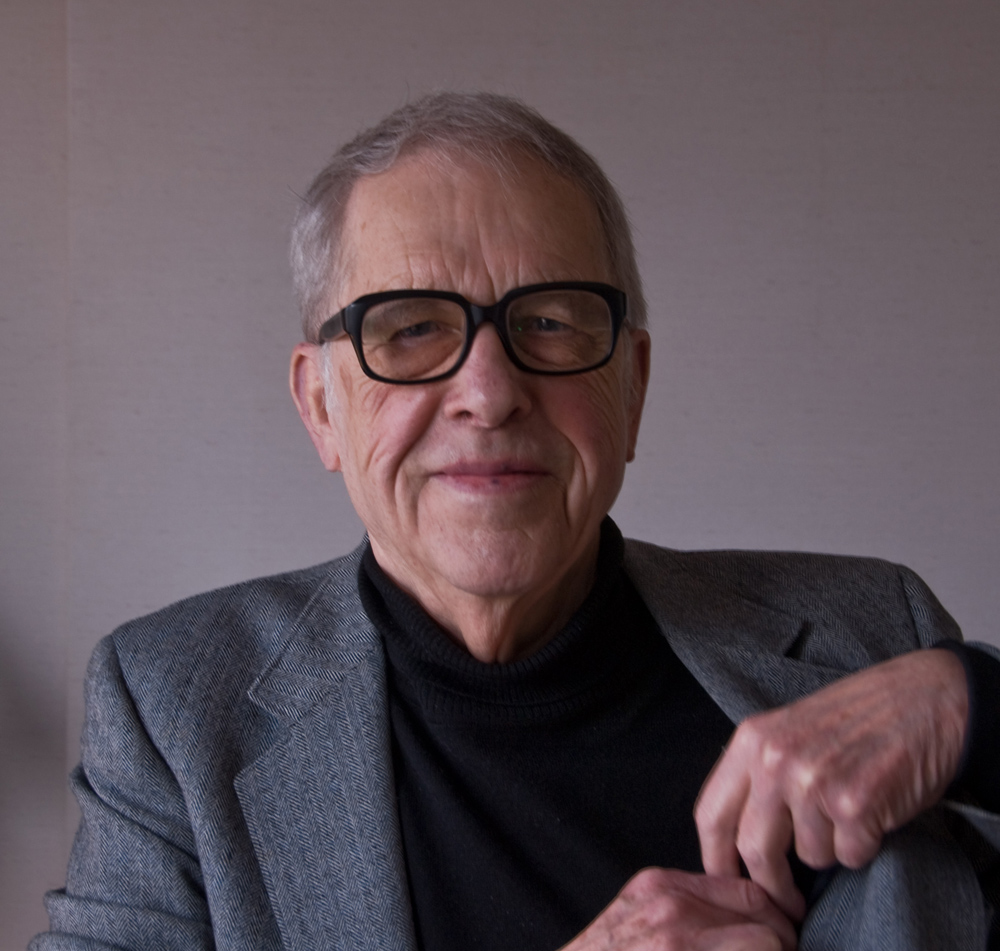by Ian de Stains OBE
I have been a great admirer of Donald Richie’s work for over 30 years. Anyone who aspires to write about Japan and things Japanese should read everything he’s ever published. To do so is to embark on a master class. To read Donald—really read him as opposed to going through the motions—is to understand the enormous knowledge he has of his subjects and the tremendous skill he deploys in making each subject so accessible to the reader. As so often with fine art and craftsmanship, what appears to be so easily achieved at first glance bears the hallmarks of practiced hard work on close examination. The precise word, the exact turn of phrase, knowing what not to write in order to give a true impression of your subject. You could sum it up as style; all successful writers have their own. It is hard not to conclude that Donald’s is extremely Japanese in its sensitivity, and yet the analytical, critical eye so often lacking in Japanese writers is equally obvious. I know of no other commentator better able to articulate the contrasts and contradictions of this society, for while he clearly loves Japan—he first arrived here in 1947—unlike many, he still manages a healthy measure of detachment.
What prompted me to write about him now was the discovery just recently of what appears to be the re-issue of a gem of a book that first appeared in 2001. The Honorable Visitors is a collection of essays—belles lettres may be a more fitting tag—about some celebrated foreign visitors to Japan over more than a century, from Isabella Bird to Marguerite Yourcenar, taking in en route such diverse figures as Charlie Chaplin, Rudyard Kipling and Truman Capote. What did these illustrious visitors make of Japan, and how did they report on their journeys? Often, too, what did Japan make of them?
It is distressing—though not, I suppose, surprising—that so many of the accounts smack of racism; the assumption by all too many of the visitors that they are somehow superior. What is more surprising is the tendency of many of them to start out from a position of choosing not to like what they saw and therefore to close their minds. We are not, I suggest, entirely free of such visitors today.
The introduction to the book, which I take Donald wrote for the “new, revised and expanded edition,” is in itself a wonderful essay on Japan’s history and its accommodation with the western world that was once forced upon it. In it he says, “My concern has been to offer the reader through these thirteen visitors an account of what the West has made of Japan—and, reflexively—what Japan has made of the West—using the observation rather than the generalization, persons rather than people.”
In this wonderfully entertaining and informative book, I believe Donald has succeeded. Again.
Ian de Stains OBE is the Executive Director of the British Chamber of Commerce in Japan. He is the author of the recently published Business Travellers’ Handbook to Japan published by Stacey International in the UK.
External Link:
Donald Richie, Wikipedia









